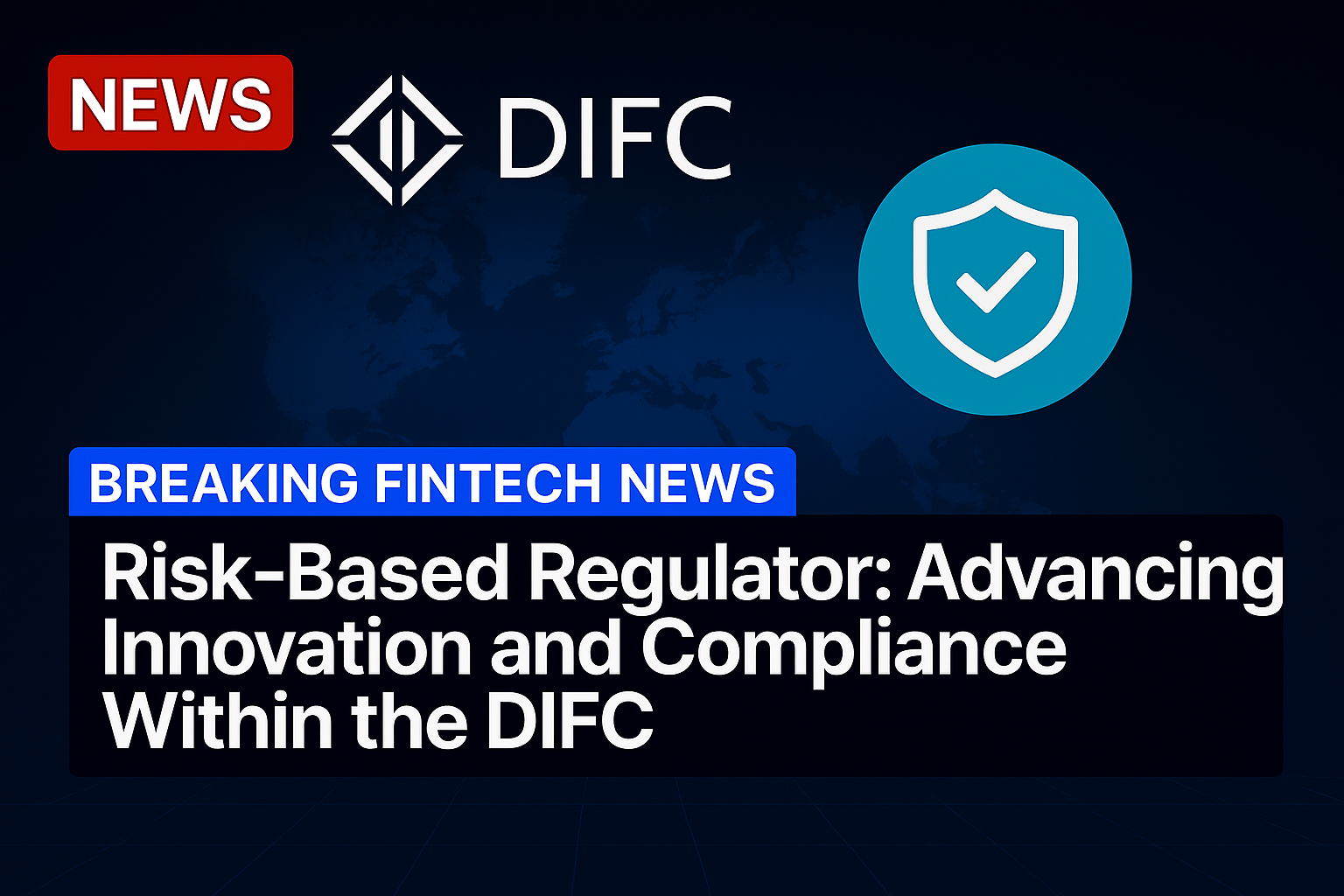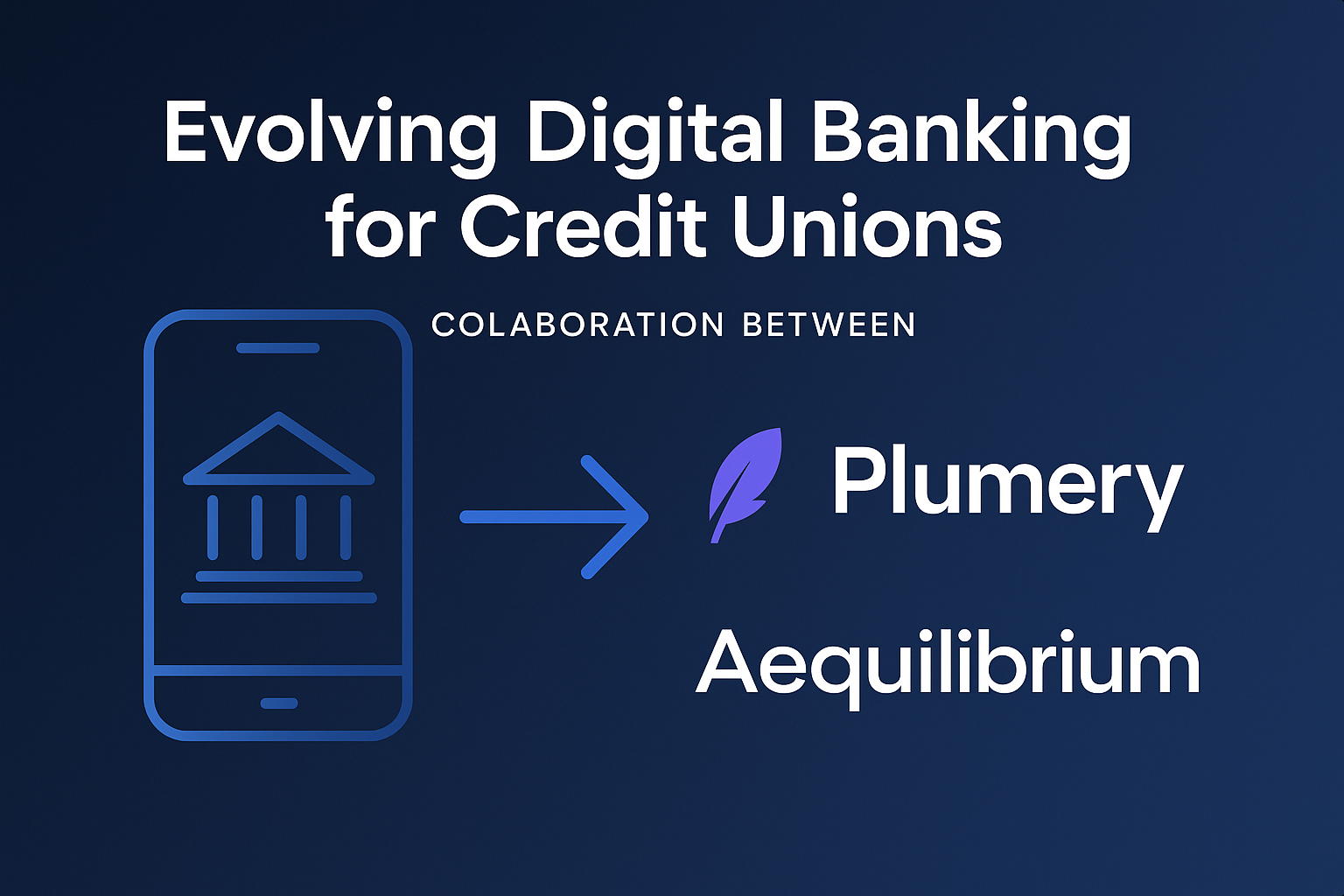Aligned with Dubai’s Economic Agenda D33, the Dubai Financial Services Authority (DFSA) has announced the release of its Business Plan for 2025 to 2026, looking to advance regulatory excellence and innovation within the Dubai International Financial Centre (DIFC).
The plan sets out the DFSA vision to reinforce the DIFC as a leading global financial services hub, outlining key priorities in “advancing regulatory excellence, driving innovation and fostering sustainable economic growth”.
To learn more about the new plan and its key strategies, The Fintech Times attended a media roundtable with the DFSA, held during the third annual Dubai Fintech Summit.
Justin Baldacchino, managing director, supervision at the DFSA, and Elisabeth Wallace, associate director, policy and legal at the DFSA, led the roundtable to discuss the plans for advancing regulatory excellence, the role that the DFSA plays in the DIFC, and the current financial services sector in Dubai.
21 years of innovation
With 110 acres of a financial free zone, the DIFC has always focused on growth and innovation.
“Back in 2014, the UAE came up with its national innovation strategy, and it was quite a simple and clear strategy. It was to foster innovation across the board,” explained Wallace.
“At the DFSA, we took that quite literally and spent a couple of years thinking about what that might mean for us in the DIFC and how we could apply that to financial services.”
The DIFC is a common-law system, with its own laws and rules (excluding federal criminal laws) with the DFSA acting as the independent regulator of the DIFC, overseeing all financial sectors.
Baldacchino said: “While firms in other parts of the world may deal with separate regulators – the DFSA oversees the market from both a prudential and conduct perspective, and has oversight of all sectors including banking, insurance, securities, funds and innovation.
“We have close to 1000 firms focused on banking, insurance, securities, fund and wealth management. Key to what we do from a regulatory perspective is to be a risk-based regulator. This means that our regulatory scrutiny is proportionate to the level of risk presented in the market, rather than being applied uniformly across all regulated entities.”
Protecting the DIFC reputation
Explaining the key priorities of the DFSA as a regulator, Baldacchino explained how it’s all about protecting the reputation of the DIFC as well as its investors and customers, all while encouraging the ecosystem to broaden and deepen.
“We’ve been around for 21 years, and we’ve seen a lot of growth in the market in that time. A majority of that is definitely around the innovation technology space – we’re trying to do what we can to foster innovation,” he explained.
“We are interacting a lot with the industry trying to get feedback around what is taking place in the innovation technology perspective, and what it is we can help with being proactive within the industry itself.”
“If you think about globally systemically important banks, there are 29 of them. Twenty-seven are represented within the DIFC, and that we regulate, and that keeps growing all the time. We have the top five Chinese banks that sit within the DIFC and we’re seeing a lot of growth due to the corridor between the UAE and China and Asia as a whole. That growth corridor is even starting to expand, especially with India.”
“Dubai’s leadership has placed a strong emphasis on innovation and technology, as reflected in the themes and discussions at the Dubai FinTech Summit.”
Plans for the future
Circling back to the business plan released a few weeks prior, Baldacchino emphasised that it aims to clearly communicate the strategic themes the DFSA is focused on achieving as a regulator.
He said: “We want to make sure that we understand the industry that we’re regulating and make sure that we’re delivering on the core functions so that we’re as efficient as possible. A key part of our supervisory approach is to avoid imposing unnecessary regulatory burdens. Our goal is to understand the most effective and practical way forward.”
“And then, from a risk-based perspective, we try to understand where our key risks are. Our number one priority is also making sure that we protect investors, ensuring that we uphold our regulations, not only within the DIFC, but federally as well.”
Risk-based regulation
The notion of risk-based regulation was stressed many times, both during the roundtable and in the business plan itself. Reinforcing this is a key priority for 2025 and 2026, advancing the approach to enhance their regulatory framework to navigate the evolving financial landscape.
“A key priority in the business plan is around the fact that we need to continue to be risk-based,” said Baldacchino.
“You’ll hear a lot of regulators say that, but we’re trying to be at the forefront of that, even speaking to some firms and getting feedback directly. We’ll take their feedback into account and make decisions internally. Of course, it’s mainly around fighting financial crime and bringing that to the forefront, as well as investing in talent.
“The reason why talent is important, especially in the innovation and technology space, is because we need people who are able to understand the firms themselves, and that’s a real challenge. And so, what we’ve tried to do where we can is recruit from the industry itself to actually bring them into the regulator.”
Why Dubai?
Finally, the conversion moved to highlighting key aspects of the DFSA regulation and how it is attracting companies to set up in Dubai.
Wallace said: “Thinking about the regulatory side, it’s a common law jurisdiction. So, if you operate in Singapore, London, or New York, for example, you can pick up your business and bring it to the DIFC, and it will look and feel much like other jurisdictions you operate in, especially as we align with international standards.
Baldacchino concluded: “We receive a high number of enquiries from new firms looking to understand what the DFSA offers. As part of the Authorisation process, we invest significant time early on to understand the nature of the business they’d like to conduct in the DIFC.
Many of these Firms view Dubai as a strategic hub, using it as a base to serve multiple jurisdictions. From a supervisory standpoint, we have a range of approaches from thematic reviews to dedicated relationship managers who work closely with firms to provide specialised risk-based oversight.”
Source: https://thefintechtimes.com/





